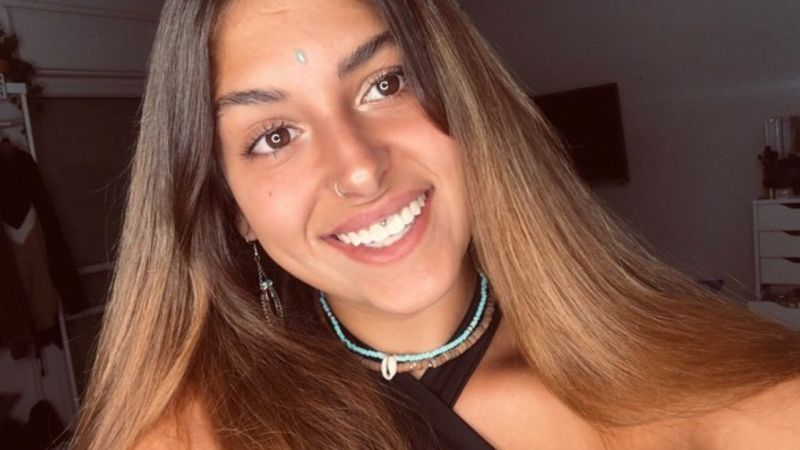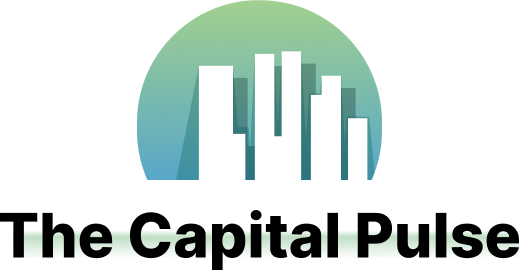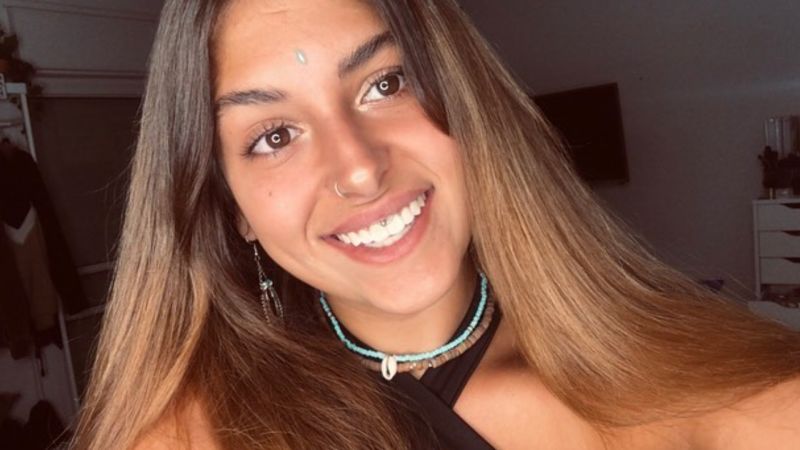
Editor’s note: This story contains details of suicide and violence that some readers may find upsetting.
Meir Golan sank his face in the dense, dark orange soil. He seemed desperate to stay close to his daughter for as long as possible, holding tight onto Shirel’s shroud as she was being buried.
More than a year after Hamas and other armed groups launched their terror attack against Israel, Shirel Golan became their latest victim. She died by suicide on Sunday, the day she turned 22, after a year-long struggle with depression and post-traumatic stress disorder (PTSD).
Once a happy woman who wouldn’t hesitate to drive for an hour to visit her family when they needed help, Shirel became quiet, slowly fading away after surviving the massacre.
“She didn’t come out from the house. She didn’t come to visit us, she was withdrawn,” he said.
Eyal said Shirel’s parents, four siblings and other relatives had worried about her health and tried to keep an eye on her as much as they could. She was rarely left on her own, he said.
But as the family gathered to celebrate her birthday on Sunday, Shirel wandered off without anyone noticing, according to Eyal. By the time her boyfriend found her at the bottom of the family garden, she was gone.
Heartbroken and overwhelmed with guilt and anger, Eyal said he blames the Israeli health authorities for some of Shirel’s problems. He said no one from the government ever reached out to her or the family.
“They had the list of all the Nova visitors, and they knew (who) is dead, and (who) survived. If someone survived, let’s help them,” he said.
Instead, he said, the authorities only offered help to those who actively sought it. People who didn’t reach out – like Shirel – were left to their own devices.
Information about the program that is available on the government’s official website for survivors appears to confirm the Golan family’s point that help is available but only upon request.
Eyal said he was trying to convince Shirel to get help because he has a firsthand experience with PTSD after serving as a reservist with Israel Defense Forces (IDF) during the 2021 flare-up in violence between Israel and Hamas and Palestinian Islamic Jihad.
“I told her to talk to anyone, from our dad and mom, to a stranger in the street, talk to someone, please,” he said. “You don’t love to go to shrinks and psychiatrists, okay, go to visit your friends that also went the Nova Festival and survived. You can talk about it. You can overcome it,” he said he told her.
But he said Shirel refused.
It wasn’t until Eyal found the policeman who rescued Shirel from the Nova Festival site and reconnected the two of them that she began to open up.
‘They won’t help me’
The Nova Music Festival massacre was by far the deadliest of all the attacks of October 7, with nearly a third of the 1,200 people who died that day killed there.
There were so many dead and kidnapped that it took Israeli authorities months to determine the exact number of victims at the site. The IDF said 347 people, most of them young, were killed and some 40 others were taken hostage from the festival.
Many of the hundreds who survived are still struggling with mental health problems, including with PTSD, survivor’s guilt, depression, and anxiety.
But it’s not just the survivors themselves. Their families and friends and other people exposed to the secondhand violence are also having problems, Eyal said.
“Since October 7, we are a country in PTSD, every single one of us,” he said.
The Israeli government has established a public mental health assistance program almost immediately after the attacks, offering free therapy to anyone who needed it.
Survivors struggling with PTSD can get up to 36 appointments though the program, with anyone else eligible for up to 12 sessions.
According to a report by the Israeli Parliament, the Knesset, nearly 1,900 of the roughly 3,000 survivors of the attacks have been referred for treatment as of July. More than 200 completed at least 24 sessions.
But the program is only available to those who request it. Shirel didn’t and nobody reached out to her offering it, according to her brother.
Some of the survivors have criticized the program as overly bureaucratic and not fit for purpose.
“I have had 36 hours of treatment, and I continue to pay for the psychologist I see by myself because of the bureaucracy of getting a compensation for the treatment,” Omer Leshem, a survivor of the Nova Festival attack, told a hearing in the Knesset in July.
How to get help
Help is available if you or someone you know is struggling with suicidal thoughts or mental health matters.In the US: Call or text 988, the Suicide & Crisis Lifeline.Globally: The International Association for Suicide Prevention and Befrienders Worldwide have contact information for crisis centers around the world.
“We were at the event, and no one was there to help us. And even now, they won’t help me,” he said.
Eyal Golan said the only help Shirel received was from the local authorities, which are strapped for cash and unable to offer adequate assistance.
“Only the municipal system helped her, but they have limited resources. They cannot pay for a lot of therapies,” he said. “The number of (sessions) is very limited, the variety of it is very limited.”
Unable to help his sister, Eyal said he has now made it his mission to raise awareness and try to convince anyone struggling with the same issues as Shirel to seek help.
“I hope that if I can share her story (with) the world, every person who suffers from PTSD will know that they are not alone,” he said.

